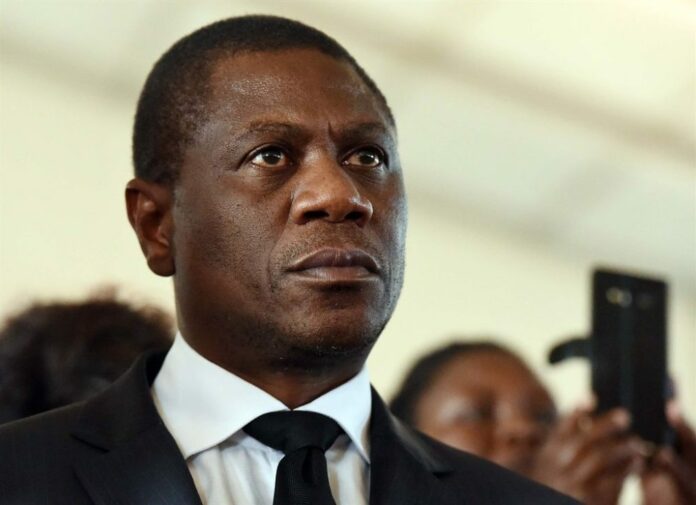Deputy President Paul Mashatile has urged world leaders to take all necessary steps to entice bright young people to pursue careers in teaching in order to address the teacher shortage.
“To increase participation in this profession, we should provide competitive compensation and recognise teachers’ achievements,” Mashatile said on Monday.
Mashatile is of the view that this could be achieved through the promotion of excellence and creativity and cultivating a sense of pride and purpose among teachers.
He was speaking at the 14th Policy Dialogue Forum of the International Task Force on Teachers for Education in Illovo, Johannesburg.
Sustainable Development Goals 4
The task force is a global platform for education stakeholders that aims to foster advocacy, knowledge exchange, peer learning, and monitoring progress towards Sustainable Development Goal 4 (SDG) on quality education.
“As we gather here today, we are faced with a stark reality, which is a shortage of qualified and motivated teachers across the globe,” said the deputy president.
This shortage, he said, not only jeopardises the quality of education but also undermines efforts to achieve the SDG 4 goal of inclusive and equitable quality education for all.
“Instead of disregarding the situation and continuing as if everything is going according to plan, we need to acknowledge the problem and devise a solution that is both effective and efficient.”
The value of teachers
He also acknowledged the worth of teachers and the crucial role they play in shaping the future of nations.
Besides teaching and imparting knowledge, Mashatile said teachers play a crucial role in nurturing, fostering critical thinking, inspiring dreams, and pushing the limits of human potential.
“We thus owe it to these titans of our society to recognise, honour, empower, and value them, as well as the job that they do.
“Most importantly, significant consideration must be made on how we should improve their working conditions and remuneration as a way of appreciating their hard work so that they can be able to fulfil their important task without getting discouraged.”
Shifting his focus to the digital age, he believes that governments should ensure that educators can effectively utilise new technologies to remain relevant and efficient in the digital age.
He also expressed his gratitude to the task force for recognising South Africa as a key player in the journey to achieving quality education for all by the year 2030.
“As South Africa, we feel privileged to have been allowed to co-chair the steering committee of the teacher task force in collaboration with Germany.”
Finding solutions
The deputy president hopes South Africa will learn from the good practices that will be shared at this forum.
“South Africa is optimistic that this Policy Dialogue Forum will untangle solutions for addressing the contents of the report.”
He also highlighted the issue of teachers being assigned grades for which they have inadequate training and qualifications.
“More teachers are produced for the further education and training [FET] band than for the general education and training band. This situation has necessitated the FET band teachers to migrate to the senior phase and teach grades 7 and 8 classes,” he said.
However, he said the government is addressing this matter through the Fundza Lushaka Bursary Scheme,, which aims to attract young teachers into the teaching profession, improve teacher salaries and working conditions,, and use contracted teachers to deal with immediate needs.
Additionally, he paid tribute to Angie Motshekga, the Minister of Basic Education, who Antonio Guterres, the secretary-general of the UN, chose to include on a high-level panel in 2022. – SAnews.gov.za



